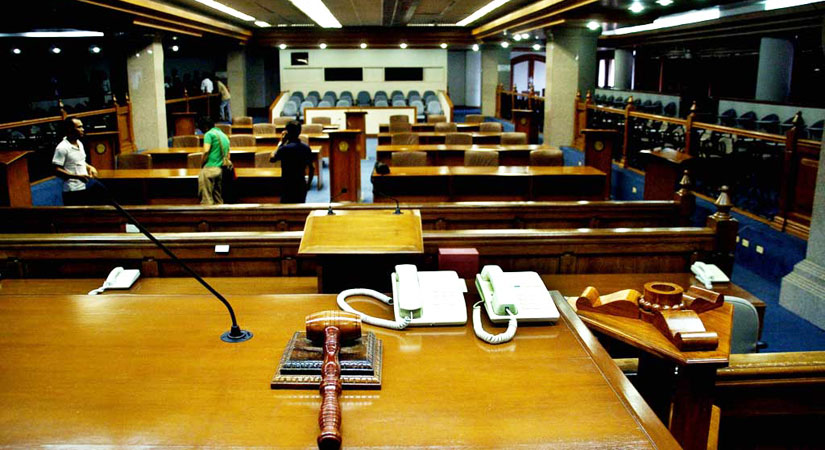
BUSINESS GROUPS are asking for a five-year pause before tax reforms under the proposed Corporate Recovery and Tax Incentives for Enterprises Act (CREATE) bill are applied to current investors.
Pending in the Senate, CREATE seeks to lower corporate income tax this year to 25% from 30%, while rationalizing fiscal incentives.
The Finance department has repositioned the bill as an economic recovery program that will help attract foreign investment.
The five-percentage-point cut is expected to cost the government P42 billion this year, then another P625 billion over the next five years as the tax rate is trimmed gradually to 20% by 2027. The Finance department has said that it hopes the foregone revenue will allow for more businesses to continue funding operations and preserve jobs.
The bill also rationalizes tax incentives. Senate Bill No. 1357 sponsored by Senator Pilar Juliana S. Cayetano grants an income tax holiday of two to four years.
After this, companies pay a special corporate income tax of 8% this year, 9% in 2021, and 10% in 2022 based on gross income earned, in lieu of national and local taxes.
Companies currently enjoy a four to-six year income tax holiday, after which they pay 5% GIE.
In response, 14 business groups signed a statement asking for a five-year transition before the reforms are applied to the operations of businesses already receiving incentives from investment promotions agencies, citing higher competition for reduced foreign direct investment during the pandemic.
“However, as industry position papers always explained, the export firms preferred the status quo to continue the tax provisions they had been promised over the years to attract them to locate in the Philippines,” they said.
“To attract investors, after the initial income tax holiday (ITH) incentive expired, a 5% gross income earned (GIE) tax would apply. Investors were told this rate would continue indefinitely, and they believed the government.”
They said that 3,000 mostly foreign-owned manufacturing, outsourcing, and regional headquarters firms employing two million Filipinos are facing large increases in future income taxes.
Contesting government claims that companies will invest regardless of incentives, the groups said that the firms are facing stiff competition in the global market, requiring different treatment than domestic companies.
“Incentives are, in many instances, one of the fundamental considerations for a company’s decision to continue investing in a country,” they said.
Several foreign chambers signed the statement, including the American, Japanese and European Chambers as well as Makati Business Club, Management Association of the Philippines, and the outsourcing and electronics exports industry groups. — Jenina P. Ibanez
